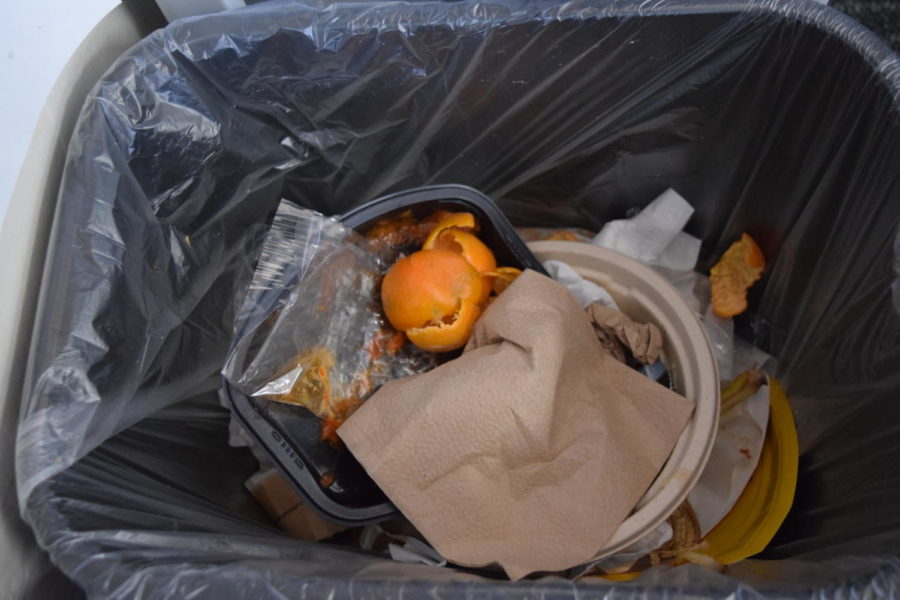California enacts new composting law
California’s Senate Bill 1383 came into effect Jan. 1, as California enacted a new composting law.
May 23, 2022
California’s Senate Bill 1383 came into effect Jan. 1, as California enacted a new composting law passed in September of 2016 that requires all residents to separate organic food waste from the non-organic trash.
This drastic measure has been implemented as part of California’s goal to reduce the amount of compostable material sent to landfills by 75 percent by the year 2025. There is a two year grace period for Californians to adhere to the mandate, so in the year 2024 fines can be given should a person not properly separate organic waste or refuse to from other trash.
When discussing the rationale for California’s mandate, Riordan’s AP Environmental Science teacher Michael O’Brien emphasized the detrimental effects caused by not separating organic waste from the other trash. The creation of methane gas caused by not properly separating organic waste is one of the state’s major concerns.
As O’Brien explained, “So in a landfill you can have a fire which can create more problems.”
Even though this mandate is new to California, some people are more affected than others as San Francisco residents take it with stride. Because San Francisco was the first city in the nation to establish a large-scale food composting program 26 years ago, its residents are already in the habit of composting.
As Riordan’s General Manager of the Epicurean Group, Justin Brierton, said, “Composting has been instituted in San Francisco kitchens for some time now. It is not even something we think about anymore, we just do it.”
As for students, House Captain Chris Yee ’22 said, “They have a decent understanding of how composting works. Some just have the idea of putting food scraps into the compost bin and others have a better understanding.”

